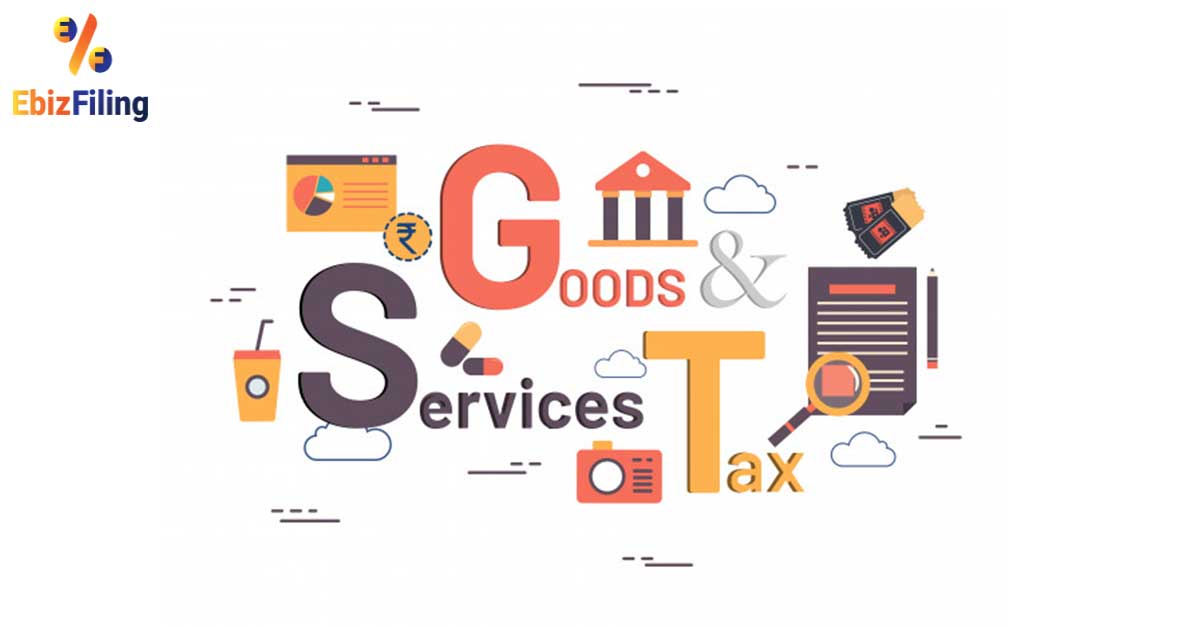How to Locate the very best GST Registration Services in Singapore Swiftly
How to Locate the very best GST Registration Services in Singapore Swiftly
Blog Article
From Beginning to Finish: The Ultimate Roadmap to GST Registration for Companies Seeking Financial Stability
Browsing the intricacies of Item and Provider Tax Obligation (GST) enrollment is a crucial action for businesses aiming for financial security. From understanding the essential principles of GST to abiding by post-registration guidelines, the procedure can appear intimidating initially glimpse. Nevertheless, breaking down the roadmap into manageable steps can streamline the enrollment journey for services looking to boost their monetary standing. Let's explore the important elements that compose this utmost roadmap and discover exactly how each stage contributes to laying a strong foundation for economic success.
Recognizing GST Basics
Diving into the essential principles of Item and Solutions Tax (GST) is essential for getting a thorough understanding of its effects on services and the economic situation. Input Tax Credit (ITC) is a significant feature of GST, permitting businesses to assert credit report for tax obligations paid on inputs, decreasing the general tax worry. Understanding the fundamentals of GST is important for businesses to conform with tax regulations, handle their financial resources efficiently, and contribute to the country's economic development by getting involved in a transparent tax obligation system.
Eligibility Criteria for Enrollment
As of the current laws, the threshold restriction for GST registration is a yearly accumulation turnover of 40 lakhs for companies operating within a state, other than for unique category states where the limitation is 20 lakhs. In addition, specific businesses are required to sign up for GST irrespective of their turnover, such as interstate distributors, informal taxable persons, and businesses accountable to pay tax obligation under the reverse charge mechanism. It is essential for businesses to completely evaluate their turnover and purchase kinds to determine their GST enrollment commitments properly.
Papers Needed for Registration
Having actually satisfied the eligibility requirements for GST enrollment, companies must currently guarantee they have the requisite papers in location to continue with the registration procedure effectively. The papers required for GST enrollment commonly consist of evidence of organization constitution, such as partnership action, registration certification, or incorporation certification for different kinds of businesses. In addition, businesses need to provide records establishing the primary location of company, such as a rental contract or electrical energy expense.
Step-by-Step Registration Refine
Starting the GST registration process entails a collection of organized Resources actions to make certain a seamless and certified enrollment for services. The primary step is to check out the GST website and fill in the enrollment form with exact details of the company entity. Following this, the applicant receives a Momentary Referral Number (TRN) which is utilized to return to the application procedure if it's not completed in one go.
Following, all needed records as per the checklist provided by the GST portal requirement to be posted. These documents generally include proof of business identity, address and enrollment proofs of promoters, financial declarations, and service entity's frying pan card.

Post-Registration Conformity Guidelines

Verdict
Finally, services seeking economic security must comprehend the basics of GST, satisfy qualification standards, gather necessary documents, follow the step-by-step enrollment process, and adhere to post-registration guidelines - Best GST registration services in Singapore. By adhering to these actions, services can make certain compliance with tax regulations and keep financial security in the future
Furthermore, certain companies are called for to sign up for GST anonymous regardless of their turnover, such as interstate suppliers, informal taxed individuals, and companies accountable to pay tax under the reverse fee mechanism.Having actually fulfilled the eligibility criteria for GST registration, businesses need to currently ensure they have the requisite documents in place to continue with the registration process successfully. The documents needed for GST enrollment typically consist of evidence of company constitution, such as partnership deed, registration certification, or consolidation certification for various kinds of organizations. Furthermore, services need to provide files establishing the major place of organization, such as a rental contract or electricity bill.Commencing the GST registration process includes a series of structured actions to ensure a certified and seamless enrollment for services.
Report this page